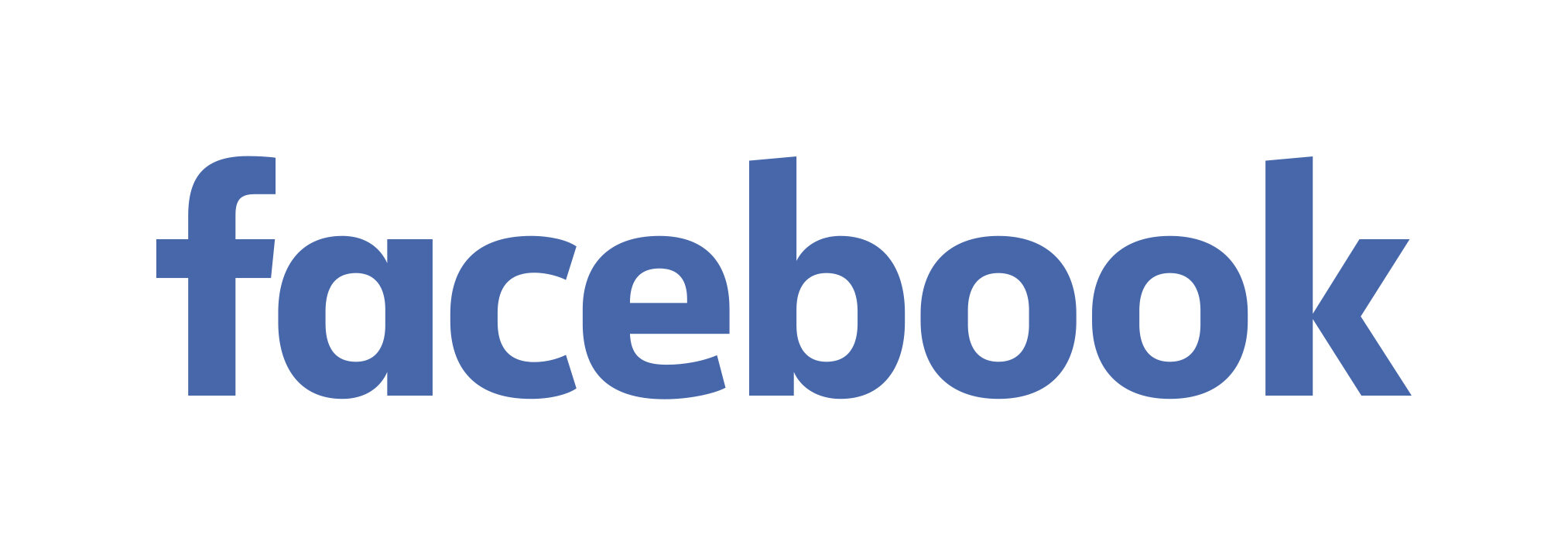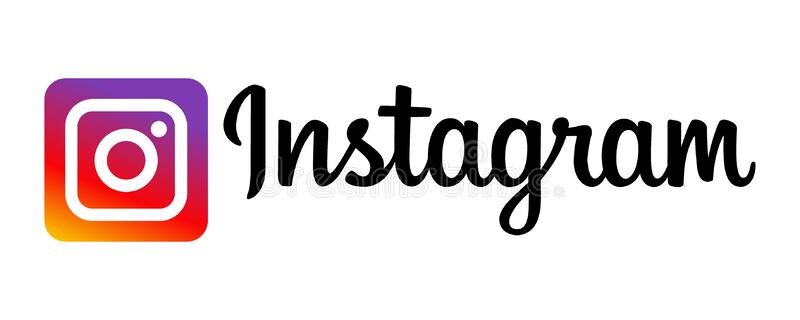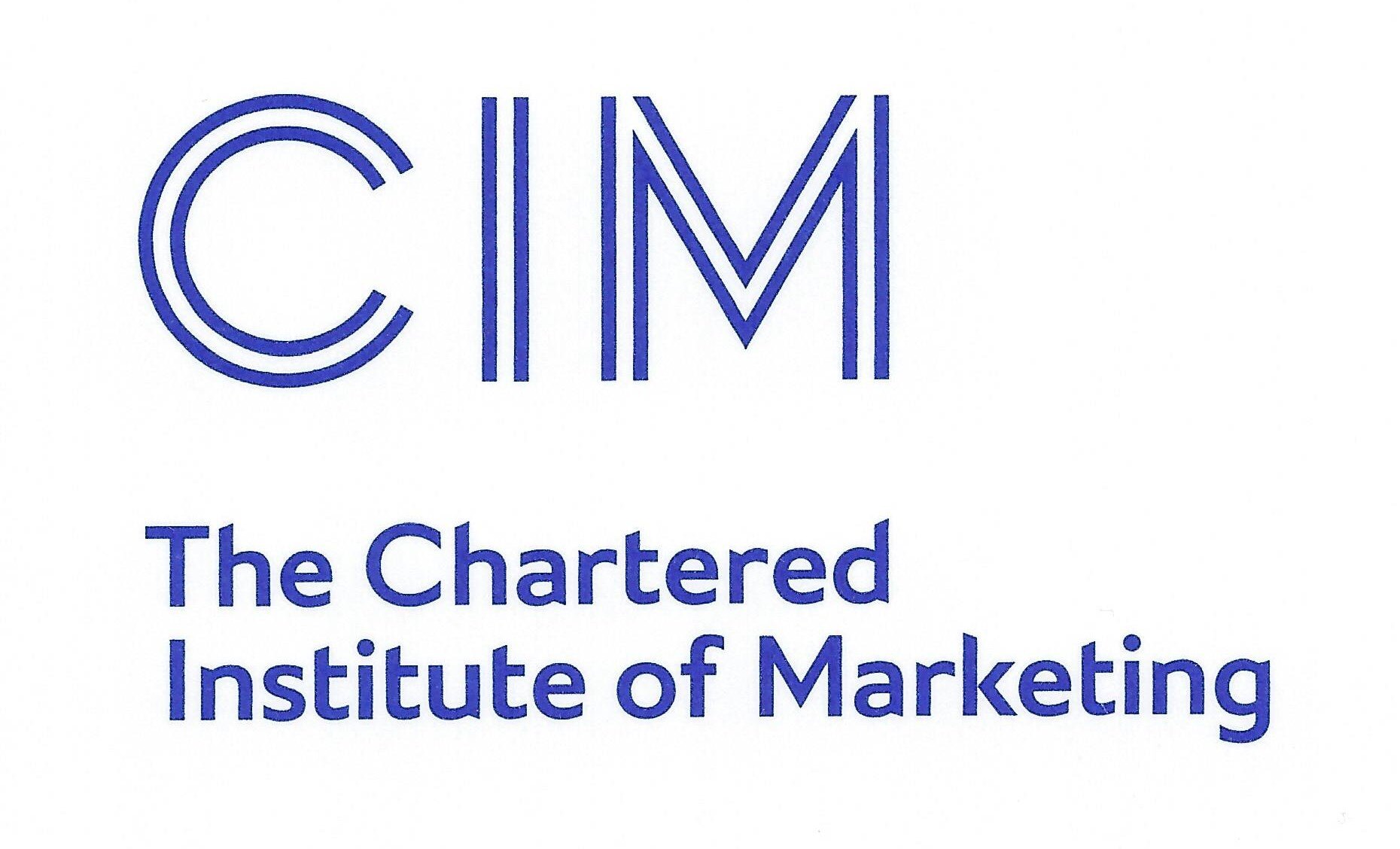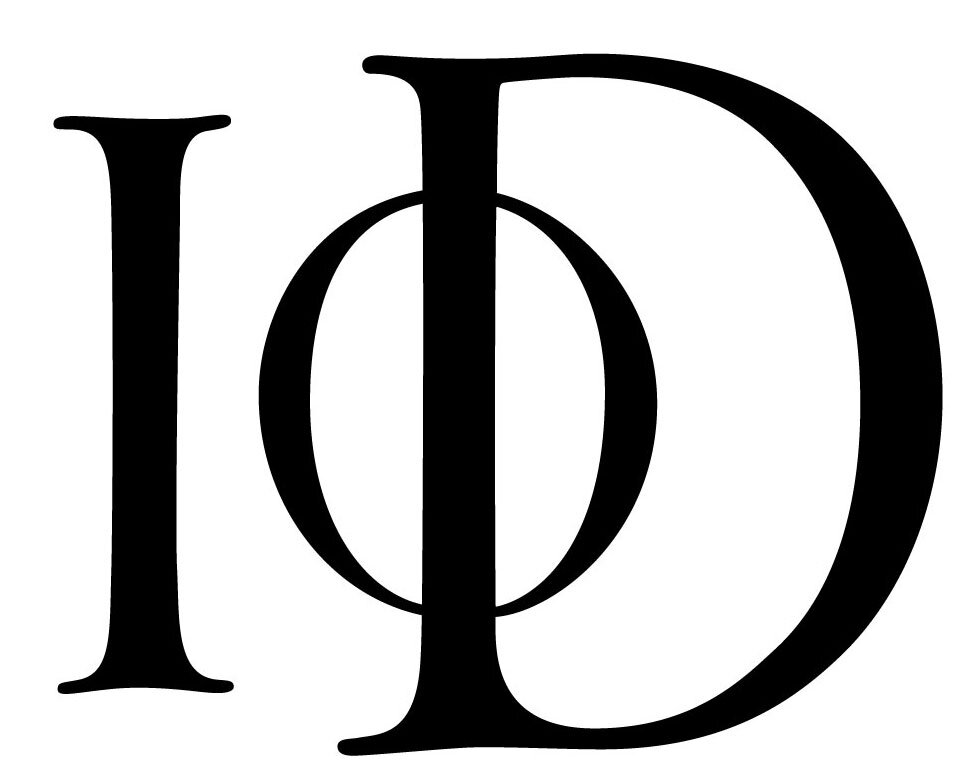Hello everyone and welcome to the marketing innovation podcast show!
We’re so happy to share with you the very first episode of our new Podcast - The Marketing Innovation Show!
Stefan Gergely and Andrei Tiu are going to discuss how B2B and B2C businesses can make the most of the opportunities that are going to come up or have already started to occur after the Coronavirus period.
If you want to listen to this episode instead of reading about it, choose your favourite platform:
You can also watch the episode on YouTube:
Our special guest - Stefan Gergely
Stefan is a partner in Under Development Office, a product oriented development agency, one of the first software companies in Europe to develop blockchain as a service and is now a regional leader in this field. Stefan founded Aurus.io, a fintech company that built a 100% gold-backed cryptocurrency and ATA, the Romanian Association of Advanced Technologies, as well as other tech startups where he works on Product and Growth.
The latest venture he’s embarked on is Dime.ly, a data platform that enables people to transparently monetise their data and very easily promote their businesses, even for free. Dime.ly is a side hussle app.
Let’s dive into this episode!
Stefan will answer Andrei’s questions about Growth Hacking so you’ll find out how to make the best use out of it in these hard times.
Andrei: A nice starting point just to get everybody aligned and on the same level would be explaining the notion of growth hacking. Let's set the basis for the discussion and tell us what you think growth hacking is.
Stefan: It's a question that I get asked quite a lot. We call it growth hacking because there are certain components of marketing as you very well know that are already defined. Run Facebook ads, when do you run Facebook ads. Growth hacking comes in and basically deals with everything that is growth and it requires a lot of intuition, crazy ideas, things that are not defined or established to work and it involves cutting corners of swords, this means piggybacking on the success of other marketing campaigns or other platforms, and I mean piggybacking in the literal sense - when you run a Facebook Ad campaign, you're doing a piggyback on the success of Facebook by using their surface, but when you launch a campaign on Reddit to try to convince people to come into your website, and you do it in a subreddit that's trending for instance that's piggybacking on Reddit's success. So I would define it as a regime that goes outside of this more or less traditional marketing framework, but that's equally important.
A: Super! Thanks a lot - I agree to most of what you said, I think just to give context of our discussion when we're going to the trends. Let's discuss a few of the more popular cases of Growth Hacking that you may have stumbled across or maybe some of your successes as well with previous projects, and from here we can ping-pong a bit. Then let's go to what you think would be some good channels that our listeners can have a look at and can keep an eye on for the upcoming months that maybe could be very good potential of channels for increasing the return on investment. So let's see a couple of examples.
S: Growth hacking I think is a dependent domain, in a sense in which if you want to launch a pretzel stand, you're not going to use Product Hunt. There are very few growth hacks you could use Product Hunt for. To define it better: let's say you want to launch a food truck that sells pretzels. There's no way you're going to power your core business on Product Hunt. You can use Product Hunt as a growth hack to enable a certain component of your business - do you want to be the leading pretzel on Google Search, then maybe you can use Product Hunt for that because Product Hunt is a good flow of traffic. It's really important to keep in mind what it is you're trying to launch. The reason I don't talk that much about traditional marketing is that I don't have a lot of experience. You have to know very well what you're doing beforehand, what it is that you're trying to sell.
A: OK, so you mentioned for example Product Hunt because what also I would like to bring to the surface here in our discussion is to see how we as marketers or entrepreneurs can find hacks or tricks that we can use apart of the growth hacking subject - using traditional marketing mixes in attempt to amplify our results such as you mentioned Product Hunt. How did you use it in the past or how was the traffic benefit that you got from Product Hunt?
S: I don't think I launched that many Product Hunt so far, on which I only had a not so big profitable success. My favourite project that I like to talk about is one of the most viral Product Hunt launches in Romania - The Button website. It is a really simple concept: my really good friend Andrei and I came up with. So you have one page with one button on it that says Do Not Push, and apart from that everything is irrelevant. If you push the button you are taken to a webpage where you can buy the button for at least one cent more than the person who bought the button before you. So fundamentally is a traffic flow prick - you bought the button you would get traffic. We really did it to the maximum - we got nominated for the Product Hunt Golden Key Awards, where we got number 2 in our category and we got 30.000 visitors within a couple of days and that is quite a lot. We got really good traffic: we got US traffic, UK traffic.
A: If our listeners were to think of Product Hunt within their marketing mix, should they use it only for launches or how could they use it for example if it's already an established business or a start-up, how could this be used?
S: I think that Product Hunt is a great platform to use if you're launching a product. You could use it as flow traffic that has good conversion rates, and the tip for them is to make a really smooth onboarding process because you are going to have lots of people going through it, so you want it to be as clean as possible, you want to convert as much as possible. With the button, we had a 98% conversion rate of people clicking the button. 90% is a huge rate. The global trend of Marketing is to go deeper into the product, so you no longer just build whatever product you want, run Facebook ads and it will work - you need to think of the entire flow of people that come through the Facebook ads, how will they generate more users for you, so you have to work on products virality. But to answer your question, if you have an established business and you want to use Product Hunt, I think one of the best examples for that is Figma. Figma is a free design tool, taking on Adobe and Sketch, and they build a thing anyone can build: their own mini products frameworks within Figma. I can build a tool within Figma that converts GIFs into animations across multiple design pages. Instead of launching a product, if you already have an established business, you can launch features and then use it for the SEO aspect for that specific feature, use it to promote that specific feature - that's what I suggest to most of the companies that I worked with. That's a great hack to not use Product Hunt is to launch features, but one thing that you have to take into account is that the Product Hunt community is very smart compared to other communities - they will figure out and they do know if you're trying to trick them. So you don't just launch cheap features, you have to make sure that they serve different types of audience or different purposes. Product Hunt is free to use, and yet you can't be cheap about it. Everything has to have some form of work behind it. The community is super supportive, there's little hate, it is a great platform to launch an MVP, it's a great place to get feedback and talk to people, but you will not stay relevant for more than three days.
A: Can you relaunch the same thing more times?
S: If you weren't completely transparent when you launched it, so if you weren't in the bottom 5-10 places for whatever reason, maybe you could launch again, but apart from that, this is the one thing that the community is not friendly with.
A: Can you run any sort of sponsored ads?
S: Yes, you can run promoted posts on Product Hunt, I have seen them a lot. They do convert traffic but I would not recommend it. It kind of defeats the purpose of Product Hunt. You can use it for everything, as long as you're creative enough or as long as you work with someone that's creative enough and that has enough Product Hunt experience. Mostly Product Hunt is good for Software as a service type of products, that are mostly B2B, so that you sell to other creators, other entrepreneurs. If you want to launch a bike rental app of Bucharest on Product Hunt, the chances of you getting some form of success are very low. It's very clear that traffic that comes from Google Ads and traffic that comes from Product Hunt is completely different. Your users that come from Product Hunt have a much higher chance of referring your product later - Product Hunt is the perfect place to attack the pioneers. Product Hunt is a rather small community, so there's no way you can build a million-dollar business on Product Hunt.
A: Let's talk about other platforms. What is your focus now when you think about growth hacking for the future? What are some things that you are looking at at the moment and think that our listeners could be looking at as well?
S: TikTok. Gary V. is constantly pushing TikTok and there's a reason for that: it is going to be a good platform to go out to. On TikTok, there are people have strategies of promoting online, they browse content, as well as they make their own merchandise. On TikTok you have trends, that appear today and disappear 3 days later.
A: Tell us more about your new project, Dime.ly.
S: Dime.ly is a Tinder like app for ads, where people come in, they give access to certain types of data on their device. Based on the amount of data that gets processed from them, they get paid for it over time, it's a passive income, and advertisers can run a free ad on Dime.ly.
A: TikTok is also a video-focused platform. How are you going to get people to produce content?
S: We're still at a quite early stage, not all of these ideas have been thought about. It's important when you're thinking of growth hacks, to see what is the direction of that platform you're using, what direction are they going into, because you can always use these niche things like you could have used stories a long time ago when they appeared on Instagram or Facebook. TikTok launched a live feature recently which displays on top - so now the lives are becoming the most promoted type of content on TikTok and I noticed the trend to set the record for the longest live a couple of weeks ago. Where a lot of our clients do wrong is they don't listen to what is trending. You always have to be on a lookout - live content is much more difficult to create, but if it's the trend it might just be a cost that is worth it.
A: We discussed Product Hunt for B2B, what else would be note-worthy and be something actionable that people can take and execute by the end of this week?
S: Byte. Byte is the former Vine which is a very interesting opportunity. It's a new platform they launched a month or two ago and it's one of the few social platforms that are at a very early stage right now, and they have guaranteed to reach a certain level of success. If you go on Byte right now take a look at how hungry they are for new content. If you can go there and fill that niche, I think Byte is one of the platforms that you can have a lot of success on.
We hope you enjoyed our first podcast episode, even as a blog post! If you want to listen to it, check it out on the following platforms:
